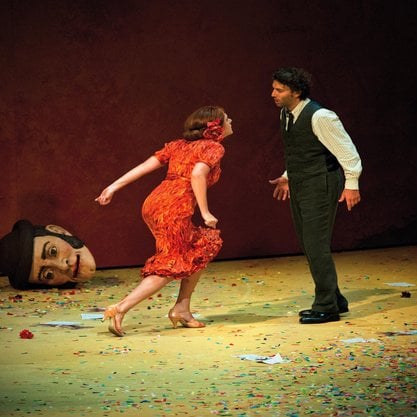Article
Williams, Raymond (1921–1988) By Wallace, Jeff
Article
The critic, cultural historian and novelist Raymond Williams was an influential theorist of the emergence of literary and cultural modernism, and a key figure in the development of British literary and cultural theory. He is widely recognized as the founder of the discipline of cultural studies and of the theory of cultural materialism.
Born in the Welsh border village of Pandy in 1921, Williams attended Grammar School in Abergavenny, and then Cambridge University, where he resumed his studies in 1945 after military service. Following a period of teaching in adult education, Williams was appointed to a Chair in Drama at Cambridge University in 1961, which he occupied until his untimely death in 1988. Since the late 1930s, Williams had been drawn to German Expressionist film and the fiction of D. H. Lawrence and James Joyce. His interests in Naturalist drama and the movement beyond it into modernist experimentation are encoded in a sustained engagement with Ibsen’s work, first in Drama from Ibsen to Eliot (1952), and then in Drama from Ibsen to Brecht (1969), the latter updated to include an account of the ‘complex seeing’ of Bertolt Brecht’s modernist stagecraft.



